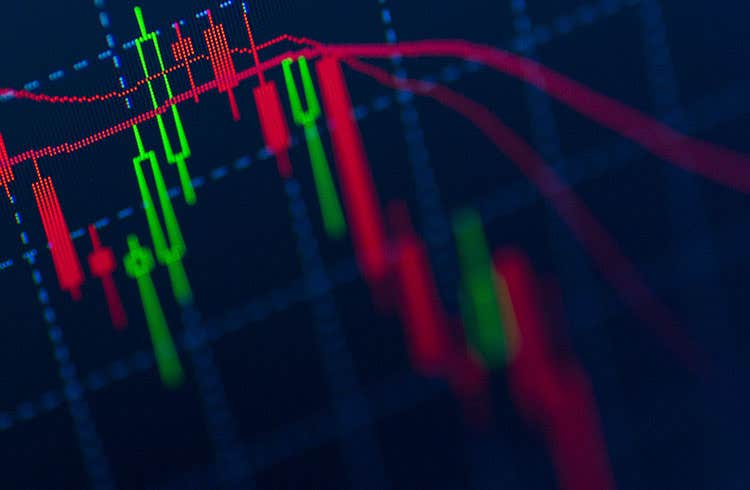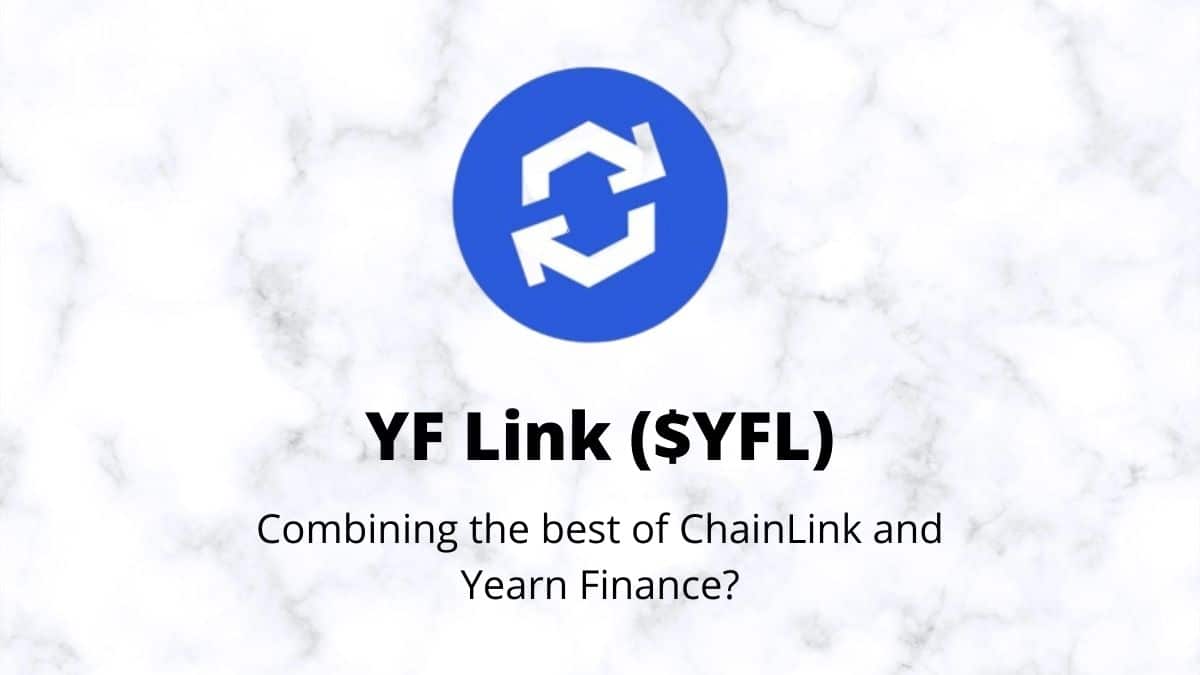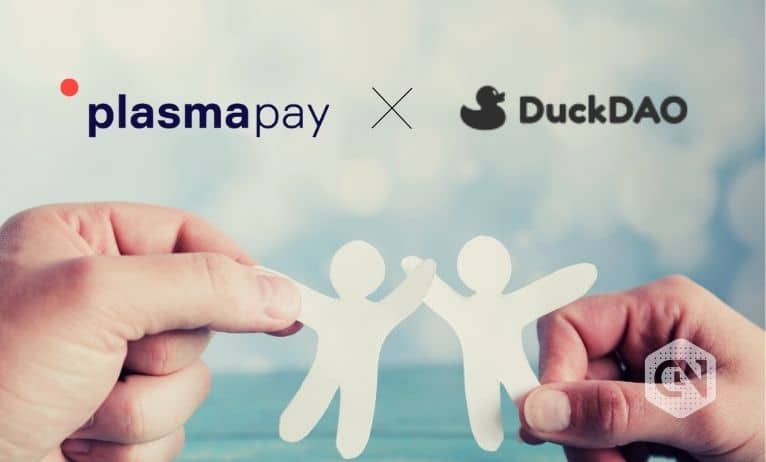hat they are bringing a new open-source Layer 2 solution to their mainnet protocol, pending a security audit by Consensys Diligence. The solution was developed through a partnership with State Channels, Connext, and Consensys Mesh R&D.
The Graph Launches Layer 2 Solution
Together they claim to have created a modern, peer-to-peer micropayment protocol that will help scale Ethereum to thousands of transactions per second. The Ethereum Foundation also played a part in auditing the protocol’s implementation.
The solution is based on state channels, a technology concept previously used by Bitcoin’s Lightning Network and Ethereum’s Raiden. Unlike regular crypto payments, state channels enable participants effective, fast, and cheap off-chain transactions, with all of the benefits of an on-chain implementation.
The Graph’s network leverages node operators called “Indexers,” who are incentivized to provide the best results for the lowest possible price. Users can tap Indexers to interact with the Graph network for transactions, conditional micropayments, and attestation. Indexers receive rewards for their efforts in running the software and optimizing the database.
With the Ethereum ecosystem on the lookout for effective Layer 2 solutions, The Graph Network is a real contender on the market.
Some of the biggest players in DeFi already use it, such as Uniswap, DAOStack, Balancer, and Aragon.
Gas volatility is causing significant pressure on users and decentralized protocols to develop a solution for the rapidly declining usability of Ethereum. The ecosystem is torn between waiting for Ethereum 2.0 or the swift implementation of general Layer 2 solutions, such as zkRollup, Raiden, and now The Graph Network.
- CryptoQuant Analyst: Bitcoin Nowhere Near Its Peak – Buckle Up, Hodlers! - December 21, 2024
- Chainalysis: $2.2 Billion Lost to Crypto Hacks in 2024 - December 21, 2024
- Bank of Japan leaves interest rate unchanged: Impact on the macroeconomy and the crypto market - December 20, 2024
























